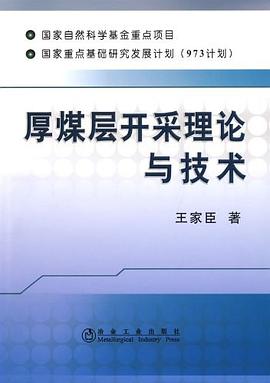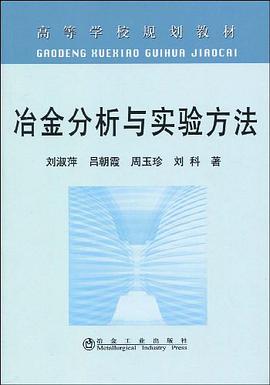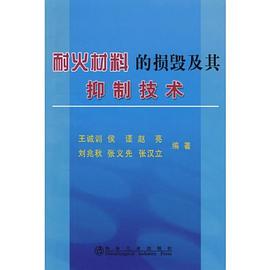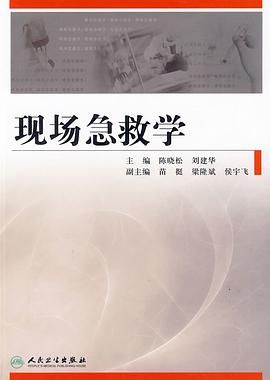

具体描述
The Nature of the Farm is a theoretical and empirical study of contracts and organization in agriculture based on the transaction cost framework. Transaction costs are important in agriculture because nature (for example, seasonality, weather, pests) plays such a critical role in determining output and limiting the ability of farmers to specialize. The book develops specific models and tests the implications of those models against data sets from across North American agriculture, as well as against historical case studies such as eighteenth-century European land contracts and the late nineteenth-century Bonanza farms in the United States.
The book is organized in three parts. Part I examines the classic question of what determines the optimal choice between fixed rent and cropshare arrangements, concluding that it is determined by a trade-off between incentives to overuse rented land and incentives to underreport shared output. Part II tests several predictions derived from a standard risk-sharing model of contracts and finds little evidence that risk sharing is important in contract choice. Part III extends the transaction costs analysis to broader organizational issues. It introduces seasonality and timeliness costs as forces influencing the gains from specialization and the costs of contracting, and finds that farm ownership and farm organization are routinely shaped by these forces.
作者简介
目录信息
读后感
评分
评分
评分
评分
用户评价
相关图书
本站所有内容均为互联网搜索引擎提供的公开搜索信息,本站不存储任何数据与内容,任何内容与数据均与本站无关,如有需要请联系相关搜索引擎包括但不限于百度,google,bing,sogou 等
© 2026 book.wenda123.org All Rights Reserved. 图书目录大全 版权所有




















